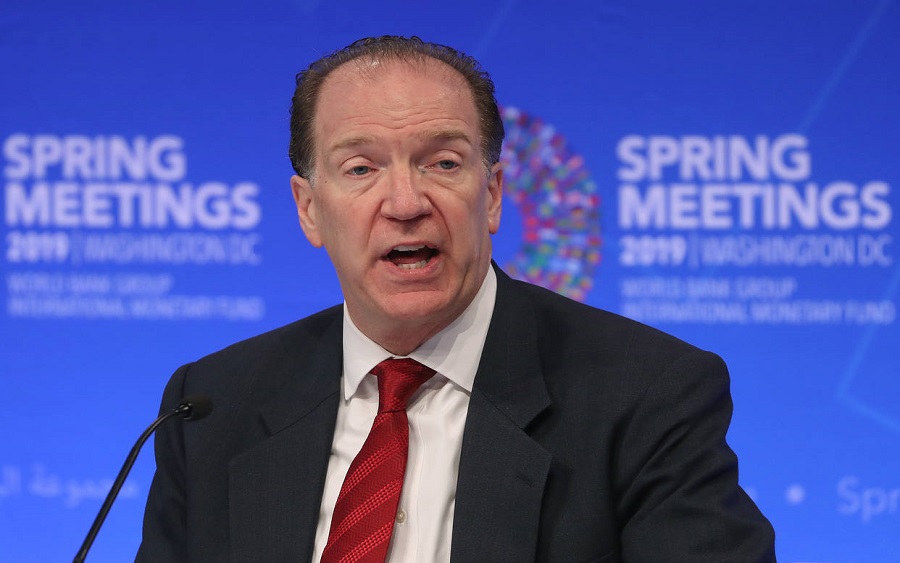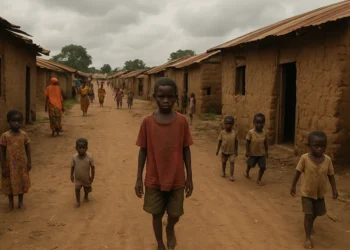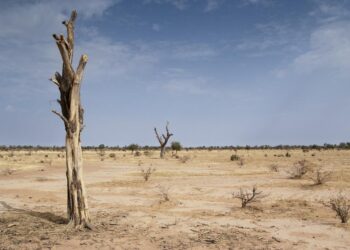The World Bank has estimated that climate change could cost Nigeria 30% of its Gross Domestic Product (GDP) in 2050.
This was disclosed in a release titled, “World Bank Group Exceeds New Climate Finance Target – $31.7 Billion in Funding for Climate Action.”
As countries are facing rising inflation and uneven recoveries from the COVID-19 pandemic, climate change has not slowed down. The bank noted that 2022 is already set to rank among one of the 10 warmest years on record.
What the World Bank is saying
The Bank said “Climate change is causing severe water stress in Nigeria, causing droughts to increase in frequency and intensity. This affects Nigeria’s economic growth – it could cost the country as much as 30% of its GDP by 2050, affecting the livelihoods of millions of households, worsening food security and livelihoods, and increasing the risk of violent conflict.”
The Bank also mentioned a funded project meant to reduce the impact of climate change in Nigeria. The Bank said “A $700 million Agro-Climatic Resilience in Semi-Arid Landscapes Project aims to develop 20 watershed management plans covering all of Northern Nigeria. It will prioritize investments that can slow desertification while supporting natural resource-based livelihoods. For instance, investing in sustainable oases and wetlands can be vital for adaptation and provide alternative incomes for communities.”
The bank stated that the project is designed to ensure community-level participation, build local capacity and coordination between different groups, and ensure transparency across different agencies so that climate solutions can also strengthen the institutional systems in place.
What you should know
- Nigeria’s gross domestic product (GDP) grew by 3.54% year-on-year in real terms in the second quarter of 2022, an improvement compared to the 3.11% growth recorded in the previous quarter
- The agricultural sector contributed 23.24% of the total GDP, up from the 22.36% seen in the previous quarter. Additionally, the industrial sector made up 19.4% of the GDP, while services made up 57.35%.
- The Industrial sector declined by 2.3%, a further reduction when compared to the 6.81% decline seen in the previous quarter, while the Agricultural sector grew by 1.2% year-over-year, the Services sector expanded by 6.7%, and the Industrial sector contracted by 1.2%.






















